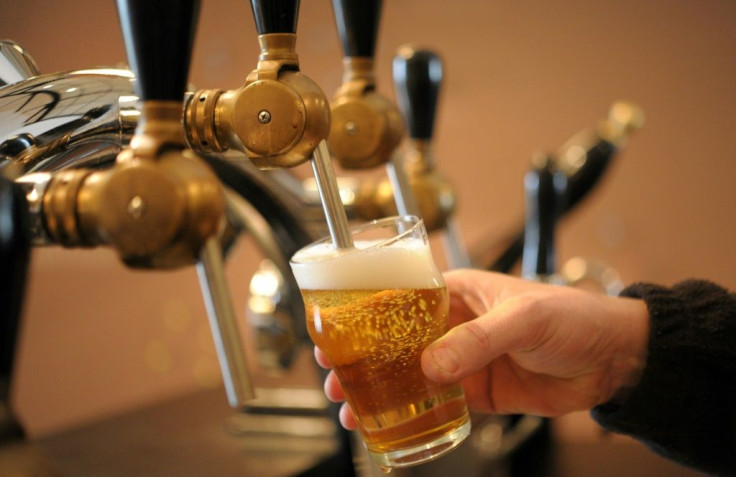WHO Wants Governments To Restrict Alcohol Consumption During The Coronavirus Pandemic: Here’s Why

The World Health Organization/Europe (WHO) is calling on governments to limit alcohol consumption during lockdowns because of the coronavirus pandemic.
The organization expressed concern about alcohol consumption during stay-at-home orders, saying that it can increase the risk of partner violence, alcohol poisoning, physical and mental health issues, and does not protect against COVID-19.
The WHO has suggested that governments enforce rules and regulations on alcohol consumption and even restrict access to alcohol. The organization wants alcohol regulation to be reinforced during the COVID-19 pandemic, warning about the danger that any relaxation of these rules or their enforcement could cause during a lockdown situation.
According to the WHO, alcohol consumption can make a person more vulnerable to COVID-19 as it compromises the body’s immune system and can increase adverse health effects. Because alcohol is a psychoactive substance, it can exasperate mental health issues, especially while in self-isolation during a stay-at-home order.
The WHO said that it is a generated myth that consuming high-strength alcohol, such as ethanol, can kill COVID-19. The organization warned against drinking alcohol that has been mixed with methanol, which it said can cause severe health problems and even lead to death.
Alcohol is responsible for 3 million deaths a year globally, with a third of these deaths occurring in Europe, according to the organization.
“Alcohol is consumed in excessive quantities in the European Region, and leaves too many victims,” Carina Ferreira-Borges, programme manager, Alcohol and Illicit Drugs Programme for the WHO/Europe, said in a statement.
“During the COVID-19 pandemic, we should really ask ourselves what risks we are taking in leaving people under lockdown in their homes with a substance that is harmful both in terms of their health and the effects of their behaviour on others, including violence,” she added.
The WHO is recommending that people minimize their alcohol consumption at all times, particularly during the coronavirus pandemic.
© Copyright IBTimes 2025. All rights reserved.




















